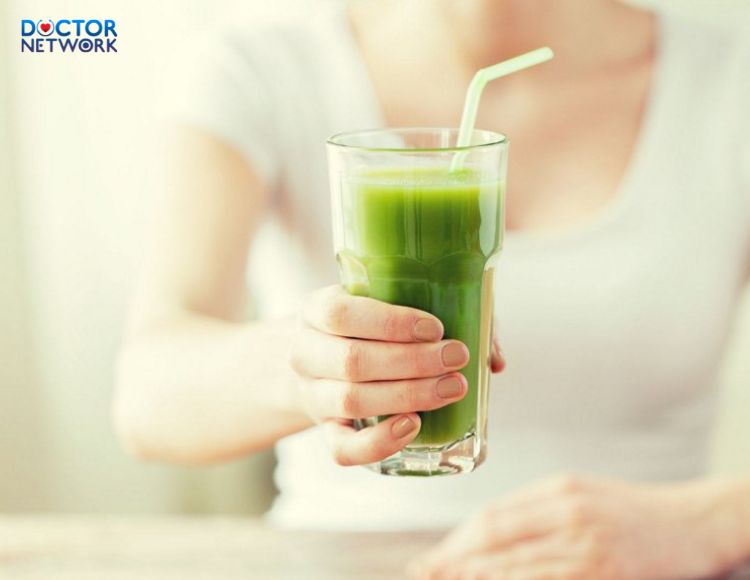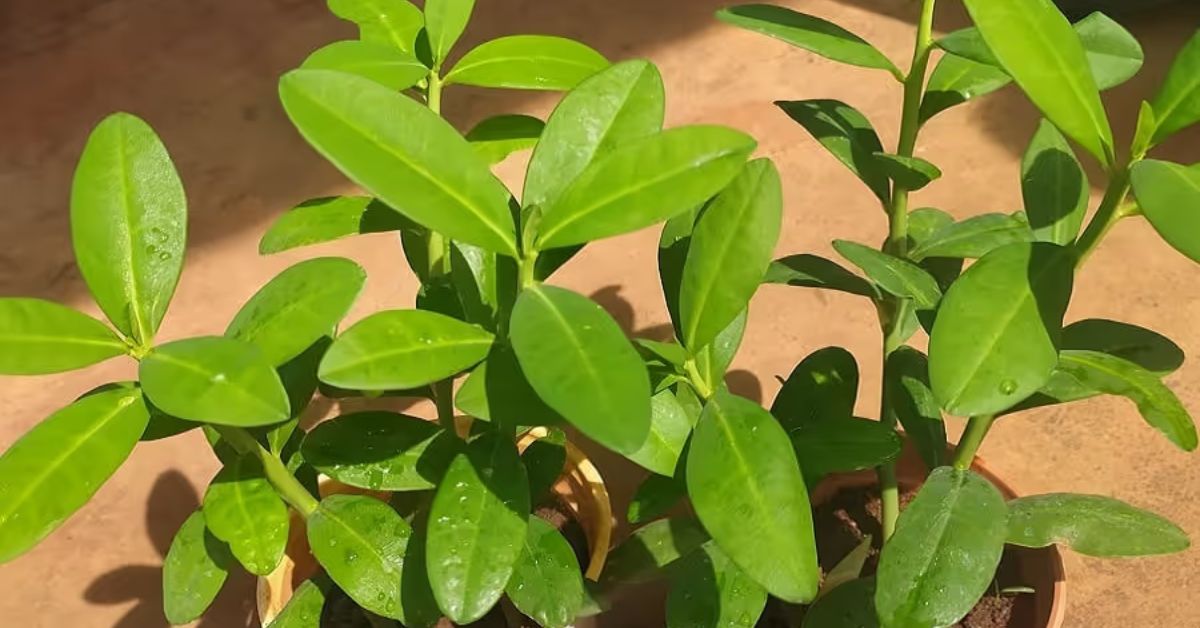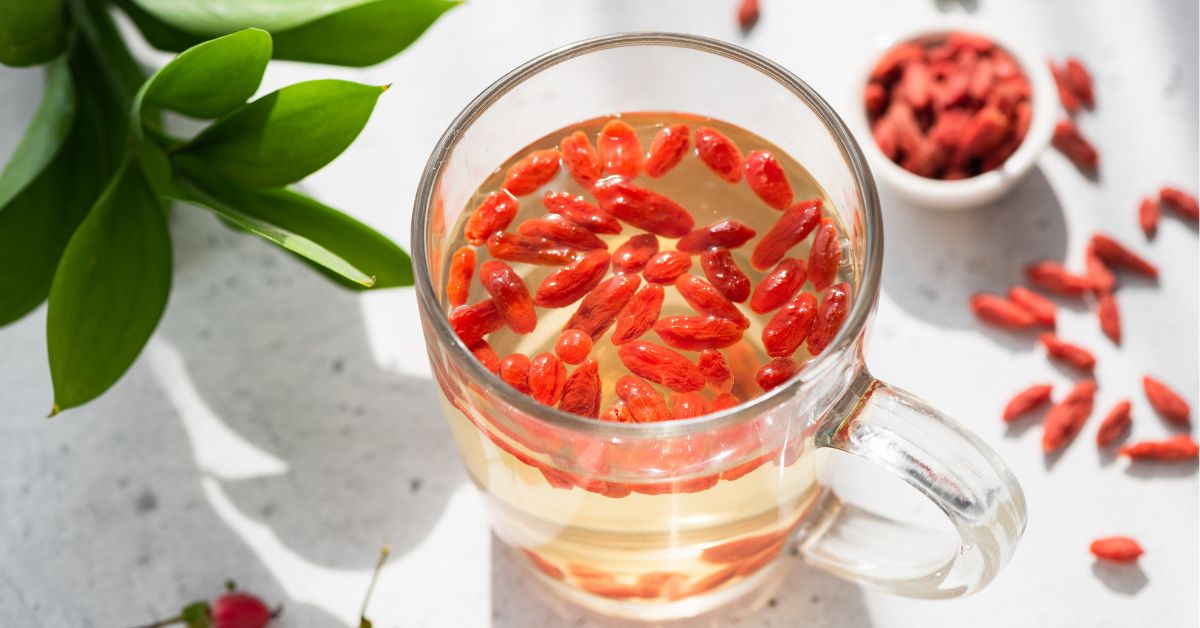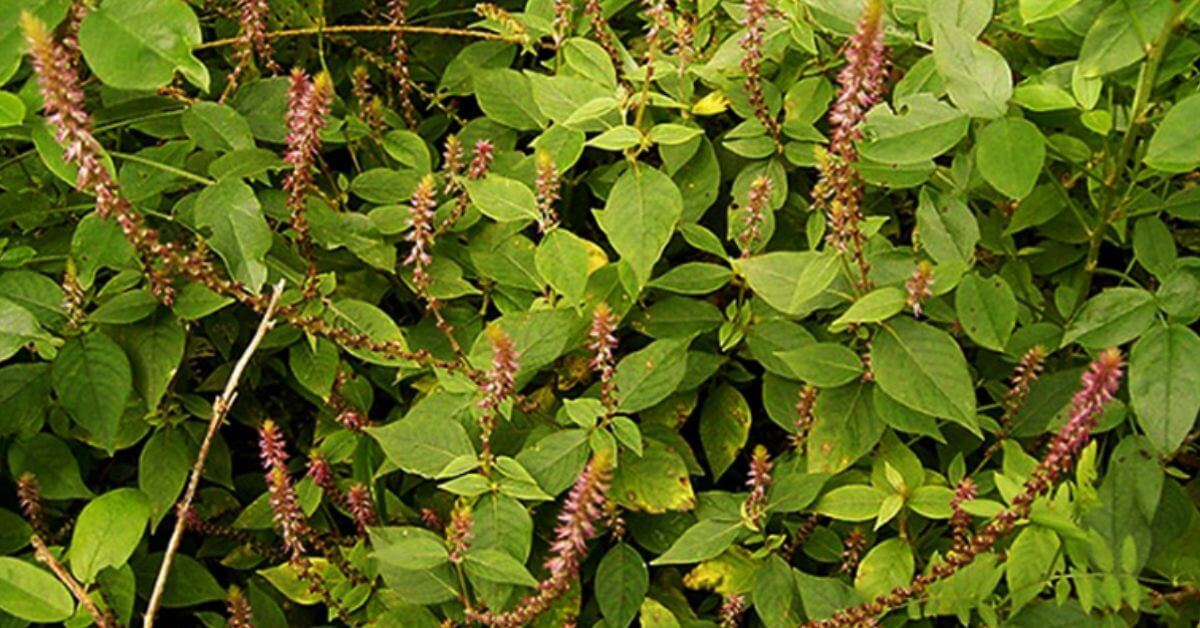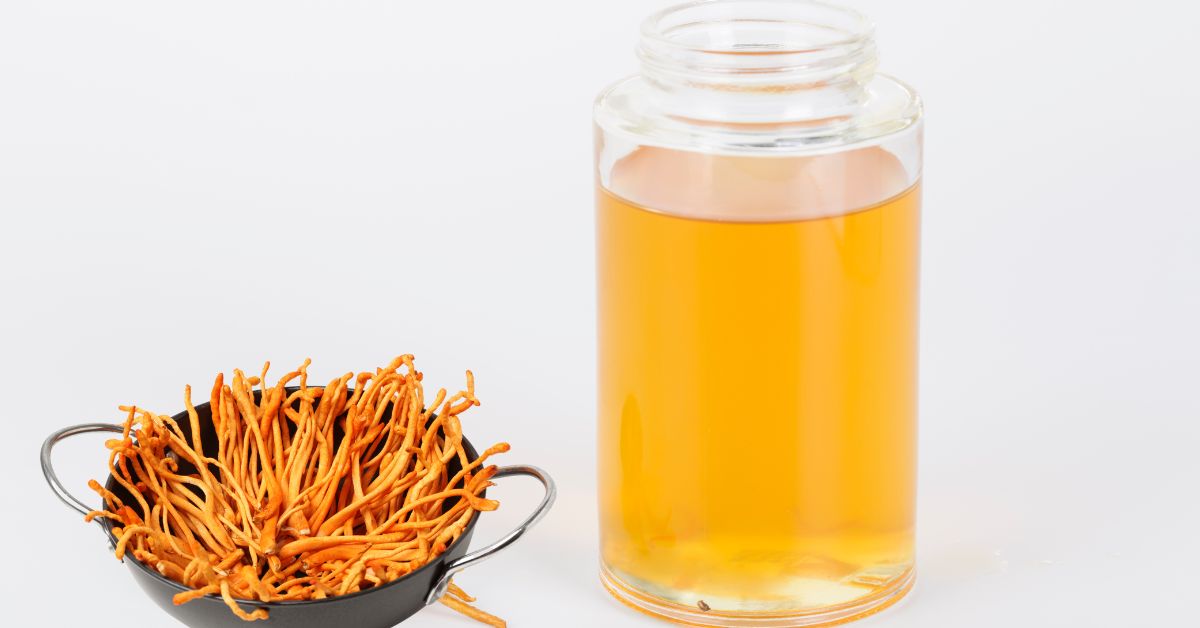Drinking fresh wormwood water, derived from the Artemisia absinthium plant, has garnered attention for its potential health benefits and risks. This bitter herb, known for its use in absinthe and traditional medicine, contains potent compounds that may impact digestive health, inflammation, and cognitive function. However, its consumption also carries potential dangers, including toxicity and drug interactions. This article will explore the effects of wormwood water, examining its benefits, “what is the effect of drinking fresh wormwood water“, proper usage, and role in modern medicine, providing you with comprehensive insights to make informed decisions about its consumption.
Introduction to Wormwood
What is Wormwood?
Wormwood (Artemisia absinthium) is a perennial herb native to temperate regions of Eurasia and North Africa. This aromatic plant, characterized by its silvery-green leaves and tiny yellow flowers, has been a staple in traditional medicine for centuries. Its bitter taste and potent properties have made it a subject of both fascination and controversy in the botanical world.
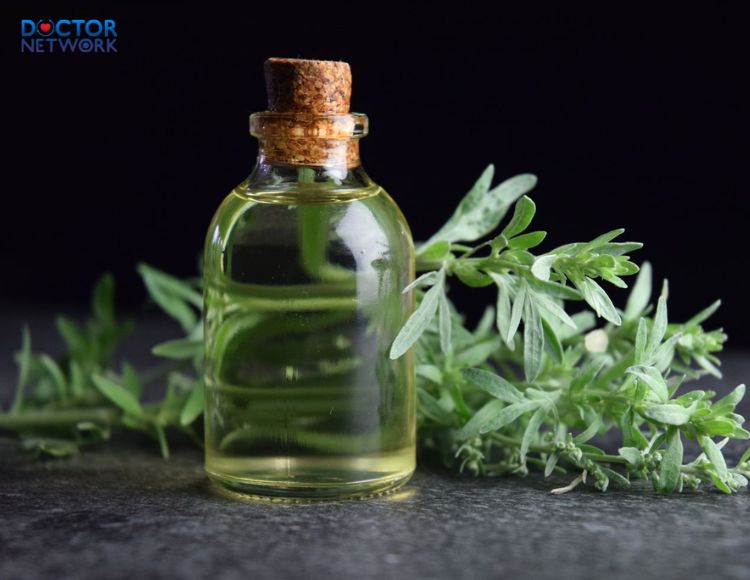
In Oriental medicine, mugwort has a bitter taste and warm properties that help warm the meridians
Wormwood’s History and Traditional Uses
Throughout history, wormwood has played a significant role in various cultures:
- Ancient Egypt: Used for medicinal purposes and as an insect repellent
- Ancient Greece: Employed as an anthelmintic (anti-parasitic) agent
- Middle Ages: Utilized in European herbal medicine for digestive ailments
- 19th century: Key ingredient in the infamous alcoholic beverage, absinthe
Wormwood’s Chemical Composition
Wormwood’s effects stem from its complex chemical profile:
| Compound | Properties |
|---|---|
| Thujone | Neurotoxic in high doses, potentially psychoactive |
| Absinthin | Extremely bitter, stimulates digestion |
| Artabsin | Contributes to the plant’s bitter taste |
| Azulenes | Anti-inflammatory and antimicrobial |
| Flavonoids | Antioxidant properties |
Potential Benefits of Drinking Wormwood Water
Digestive Support
Wormwood water may enhance digestive health by stimulating the production of bile and gastric juices. This bitter tonic could potentially alleviate indigestion, bloating, and other gastrointestinal discomforts.
Anti-Inflammatory Properties
The anti-inflammatory compounds in wormwood, such as azulenes, may help reduce inflammation throughout the body. This could be beneficial for conditions like arthritis or inflammatory bowel diseases.
The anti-inflammatory compounds in wormwood, such as azulenes, may help reduce inflammation throughout the body
Antioxidant Power
Rich in flavonoids and other antioxidants, wormwood water might combat oxidative stress in the body. This could potentially lower the risk of chronic diseases and support overall health.
Could Help with Menstrual Cramps
Some women report relief from menstrual pain when consuming wormwood preparations. Its antispasmodic properties may help relax uterine muscles, easing discomfort during menstruation.
May Improve Cognitive Function
Preliminary research suggests that certain compounds in wormwood might have neuroprotective effects. This could potentially benefit cognitive function and memory, though more studies are needed.
Wormwood’s Potential for Malaria Treatment
Artemisinin, a compound derived from a related Artemisia species, is a powerful antimalarial agent. While Artemisia absinthium doesn’t contain artemisinin, it has sparked interest in wormwood’s potential antimalarial properties.
Potential Risks and Side Effects of Drinking Wormwood Water
Wormwood Toxicity
The most significant concern with wormwood consumption is its thujone content. Thujone can be neurotoxic in high doses, potentially causing:
- Seizures
- Hallucinations
- Kidney failure
- Vomiting
Pregnancy and Breastfeeding
Pregnant and breastfeeding women should avoid wormwood water due to potential risks to fetal development and infant health.
Interactions with Medications
Wormwood may interact with various medications, including:
- Anticoagulants
- Anti-seizure drugs
- Liver-metabolized medications
Always consult a healthcare professional before combining wormwood with any medications.
Allergic Reactions
Some individuals may experience allergic reactions to wormwood, particularly those with sensitivities to plants in the Asteraceae family.
Possible Nervous System Effects
Excessive consumption of wormwood water could lead to nervous system disturbances, including tremors, numbness, and changes in mental state.
Potential Liver Damage
Long-term or high-dose use of wormwood may stress the liver, potentially leading to liver damage in susceptible individuals.
How to Consume Wormwood Safely
Recommended Dosage
Safe dosage of wormwood water depends on various factors:
| Factor | Consideration |
|---|---|
| Age | Adults generally tolerate more than children |
| Health status | Certain conditions may require lower doses |
| Thujone content | Varies by preparation method |
| Duration of use | Short-term use is generally safer |
Consult a healthcare professional for personalized dosage recommendations.
Preparation Methods for Fresh Wormwood Water
To prepare fresh wormwood water:
- Harvest young wormwood leaves before the plant flowers
- Rinse leaves thoroughly
- Steep 1-2 teaspoons of fresh leaves in hot water for 5-10 minutes
- Strain and drink no more than 1-2 cups per day
Wormwood vs. Other Natural Remedies
When considering wormwood water, compare it to other natural remedies:
- Peppermint tea for digestion
- Turmeric for inflammation
- Ginkgo biloba for cognitive function
Each has its own risk-benefit profile, so choose wisely based on your specific needs and health status.
Contraindications
Avoid wormwood water if you have:
- Kidney disorders
- Liver disease
- Epilepsy or seizure disorders
- Stomach ulcers
Consult a Healthcare Professional
Before incorporating wormwood water into your routine, seek advice from a qualified healthcare provider, especially if you have pre-existing health conditions or are taking medications.
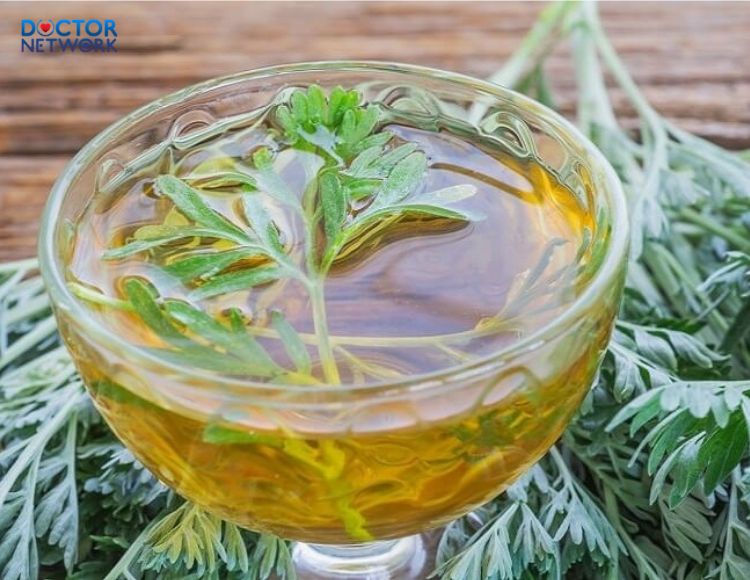
Before incorporating wormwood water into your routine, seek advice from a qualified healthcare provider
Wormwood’s Role in Modern Medicine
Ongoing Research
Scientists are investigating wormwood’s potential in treating various conditions:
- Crohn’s disease
- Cancer
- Parasitic infections
These studies aim to harness wormwood’s beneficial compounds while minimizing risks.
Modern Applications
Current uses of wormwood in medicine include:
- Herbal supplements for digestive health
- Topical preparations for skin conditions
- Aromatherapy for stress relief
Wormwood’s Future in Medicine
As research progresses, wormwood may play a larger role in developing new treatments. However, safety concerns and regulatory hurdles must be addressed before widespread medical use can be considered.
Frequently asked questions about “what is the effect of drinking fresh wormwood water”
Is drinking wormwood water safe?
Drinking wormwood (Artemisia absinthium) water can be safe when consumed in moderation and under appropriate circumstances. However, it’s not without risks. The safety of wormwood water depends on factors such as the concentration of thujone (a potentially toxic compound found in wormwood), the individual’s health status, and the frequency of consumption. While small amounts may be tolerated by healthy adults, pregnant women, individuals with liver or kidney problems, and those taking certain medications should avoid it. It’s crucial to consult with a healthcare professional before incorporating wormwood water into your routine.
How do I prepare fresh wormwood water at home?
To prepare fresh wormwood water:
- Harvest young wormwood leaves before the plant flowers.
- Rinse the leaves thoroughly to remove any dirt or contaminants.
- Use 1-2 teaspoons of fresh wormwood leaves per cup of water.
- Bring water to a boil, then remove from heat.
- Add the wormwood leaves to the hot water and steep for 5-10 minutes.
- Strain the liquid to remove the plant material.
- Let it cool slightly before consuming.
Remember, due to wormwood’s potency, it’s essential to start with small amounts and not exceed recommended dosages.
Can wormwood water help with digestive issues?
Wormwood water has been traditionally used to aid digestion. The bitter compounds in Artemisia absinthium, particularly absinthin, may stimulate the production of digestive enzymes and bile, potentially improving digestion and relieving symptoms such as bloating, gas, and indigestion. Some studies suggest that wormwood might be beneficial for conditions like Crohn’s disease. However, while anecdotal evidence supports its digestive benefits, more rigorous scientific research is needed to conclusively prove its efficacy for various digestive issues.
What are the potential side effects of drinking wormwood water?
Potential side effects of drinking wormwood water include:
- Nausea and vomiting
- Stomach cramps
- Dizziness and headaches
- Seizures (in high doses due to thujone content)
- Allergic reactions (especially in those sensitive to plants in the Asteraceae family)
- Kidney and liver problems (with long-term or excessive use)
- Nervous system disturbances (tremors, numbness)
- Interactions with medications, particularly anticoagulants and anti-seizure drugs
The severity and likelihood of these side effects can increase with higher concentrations and frequent consumption of wormwood water.
How often can I drink wormwood water?
The frequency of drinking wormwood water should be limited due to its potent nature and potential for side effects. Most herbalists recommend not exceeding 1-2 small cups (about 120-240 ml) per day, and not using it for extended periods without breaks. Some suggest using it for no more than 2-4 weeks at a time, followed by a break of at least equal duration. However, these are general guidelines, and individual tolerance can vary. It’s crucial to start with small amounts and observe your body’s reaction. Always consult with a qualified healthcare provider or herbalist to determine a safe and appropriate regimen for your specific situation, especially if you have any pre-existing health conditions or are taking medications.
Scientific researches on “what is the effect of drinking fresh wormwood water”
- “Artemisia absinthium L. – A review of ethnobotany, phytochemistry and bioactivity” (2017) bởi Asma Tariq và cộng sự, đăng trên tạp chí Industrial Crops and Products. Nghiên cứu này tổng hợp các thông tin về thành phần hóa học và hoạt tính sinh học của cây ngải cứu.
- “Antioxidant activity of wormwood (Artemisia absinthium L.) extracts” (2011) bởi Canadanovic-Brunet và cộng sự, đăng trên tạp chí Journal of the Serbian Chemical Society. Nghiên cứu này khám phá hoạt tính chống oxy hóa của chiết xuất ngải cứu.
- “The effect of wormwood (Artemisia absinthium) extract on the intestinal anisakiasis” (2019) bởi Ahn và cộng sự, đăng trên Experimental Parasitology. Nghiên cứu này điều tra tác dụng của chiết xuất ngải cứu đối với ký sinh trùng đường ruột.
- “Comparative study of the essential oils of Artemisia absinthium L. growing wild in Urumqi and Yili, Xinjiang of China” (2012) bởi Liu và cộng sự, đăng trên Journal of Essential Oil Bearing Plants. Nghiên cứu này so sánh thành phần tinh dầu của cây ngải cứu từ các vùng khác nhau.
- “Anti-inflammatory and antinociceptive activities of the essential oil from Artemisia absinthium” (2015) bởi Zengin và cộng sự, đăng trên Journal of Ethnopharmacology. Nghiên cứu này đánh giá tác dụng chống viêm và giảm đau của tinh dầu ngải cứu.
Conclusion: The Bottom Line
Drinking fresh wormwood water offers a complex mix of potential benefits and risks. While its digestive, anti-inflammatory, and antioxidant properties are promising, the potential for toxicity and drug interactions cannot be ignored. Judicious use under professional guidance is crucial for those interested in exploring wormwood’s effects. As with any herbal remedy, it’s essential to approach wormwood water with caution, weighing its potential advantages against possible dangers. Ultimately, your health and safety should be the primary consideration when deciding whether to incorporate this potent herb into your wellness regimen.
References:
Wormwood: Benefits, Risks, and Side Effects – Verywell Healthverywellhealth·1
Kiểm Duyệt Nội Dung
More than 10 years of marketing communications experience in the medical and health field.
Successfully deployed marketing communication activities, content development and social networking channels for hospital partners, clinics, doctors and medical professionals across the country.
More than 6 years of experience in organizing and producing leading prestigious medical programs in Vietnam, in collaboration with Ho Chi Minh City Television (HTV). Typical programs include Nhật Ký Blouse Trắng, Bác Sĩ Nói Gì, Alo Bác Sĩ Nghe, Nhật Ký Hạnh Phúc, Vui Khỏe Cùng Con, Bác Sỹ Mẹ, v.v.
Comprehensive cooperation with hundreds of hospitals and clinics, thousands of doctors and medical experts to join hands in building a medical content and service platform on the Doctor Network application.





